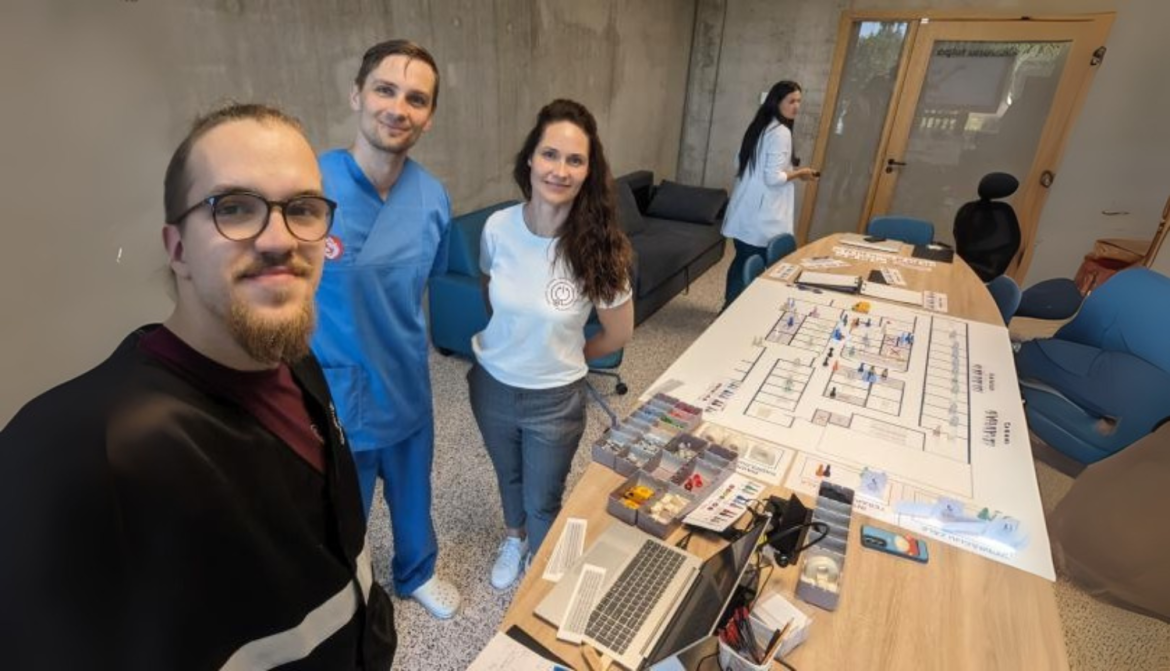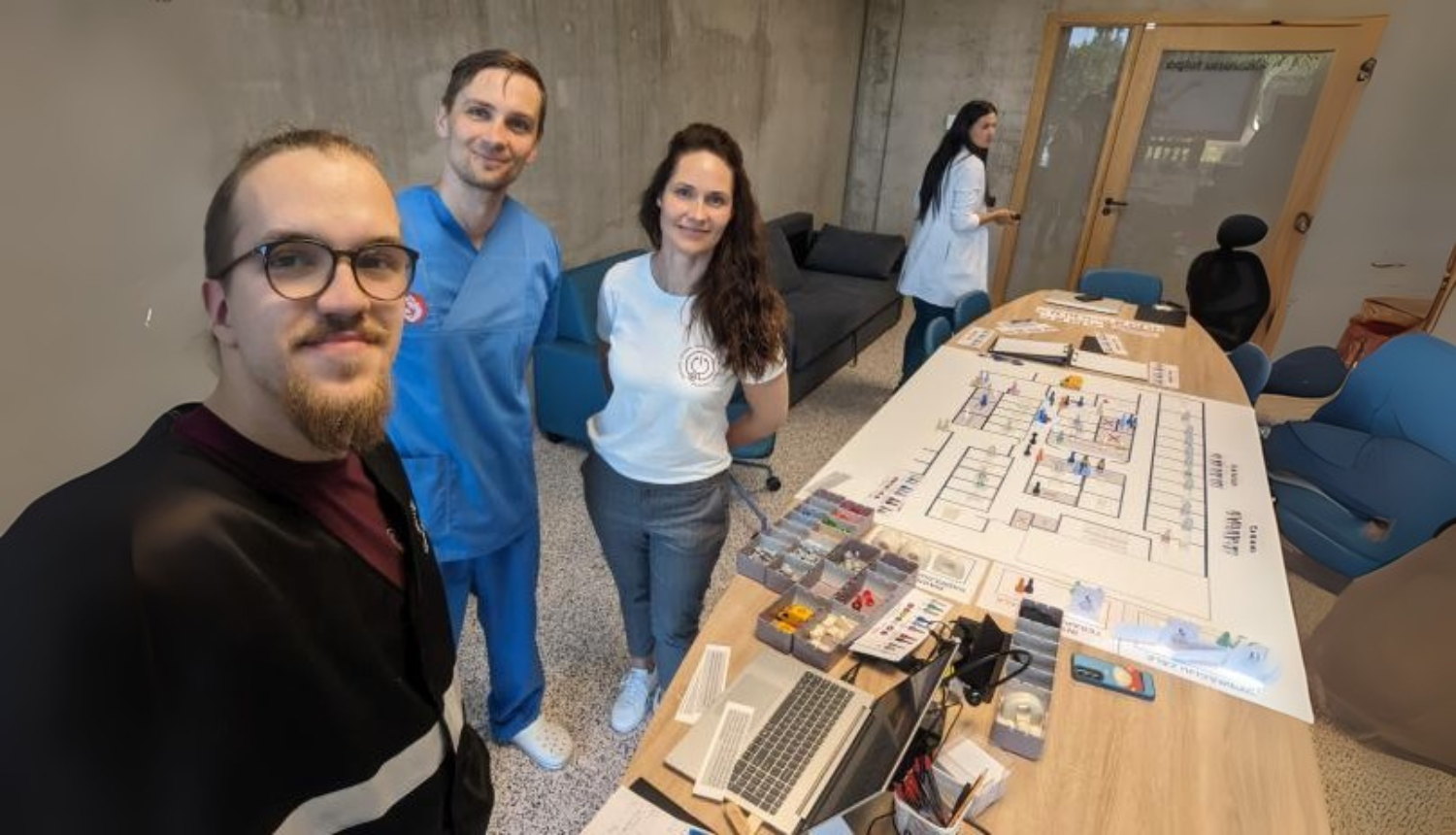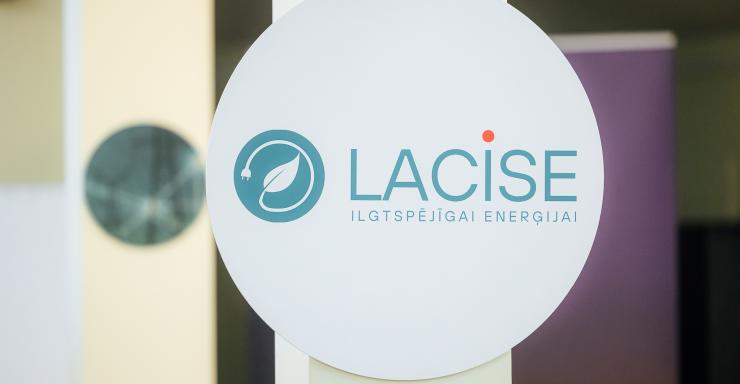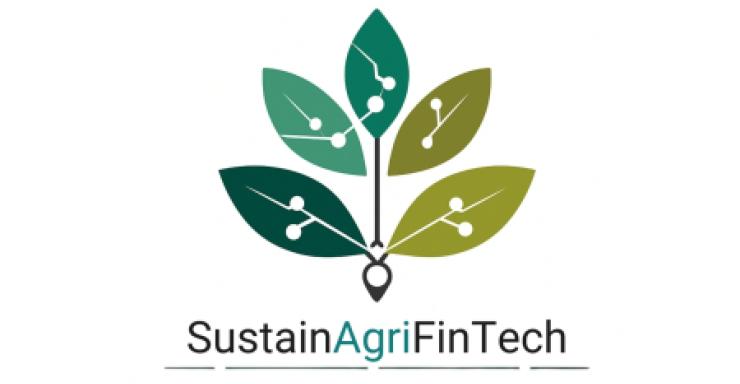Expanding its range of simulations, the Riga Stradiņš University (RSU) Medical Education Technology Centre (METC) has developed an innovative tabletop simulation platform to assess the readiness of medical institutions for the mass admission of critical patients.

This newly developed solution was presented to the staff of the Children’s Clinical University Hospital this week, helping them prepare for a potential increase in patient flow during the XIII Latvian School Youth Song and Dance Festival.
A tabletop simulation is a structured, visually straightforward method that allows hospital staff to role-play complex situations in a safe environment without posing any risk to real patients. It helps identify gaps in communication and collaboration, as well as test resource planning and decision-making chains under crisis conditions. Such simulations are beneficial in preparation for mass patient inflows, for example, during significant public events.
METC simulation instructors provided methodological support in the development and implementation of the simulation. In collaboration with the Department of Physics at the Faculty of Medicine, they developed an innovative technical solution for the tabletop simulation, featuring 3D-printed figures representing patients (with severity levels aligned to triage categories), various medical specialists, nurses, nurse assistants, and diagnostic radiology equipment.
“Tabletop simulations help visualise the bigger picture, understand patient flows, resource limitations, and the consequences of strategic decisions. They improve interdepartmental communication and cooperation within hospitals. Participants can experiment with decision-making and strategies in a safe environment without compromising patient safety. Tabletop simulations are cost-effective and require fewer resources, as they don’t involve real medical equipment or facilities. Scenarios can be easily adapted to different training goals,” emphasised METC Director Ieva Šlēziņa, highlighting the advantages of tabletop simulations.
The RSU METC team is ready to offer the newly developed tabletop simulation solution to other hospitals across Latvia.


